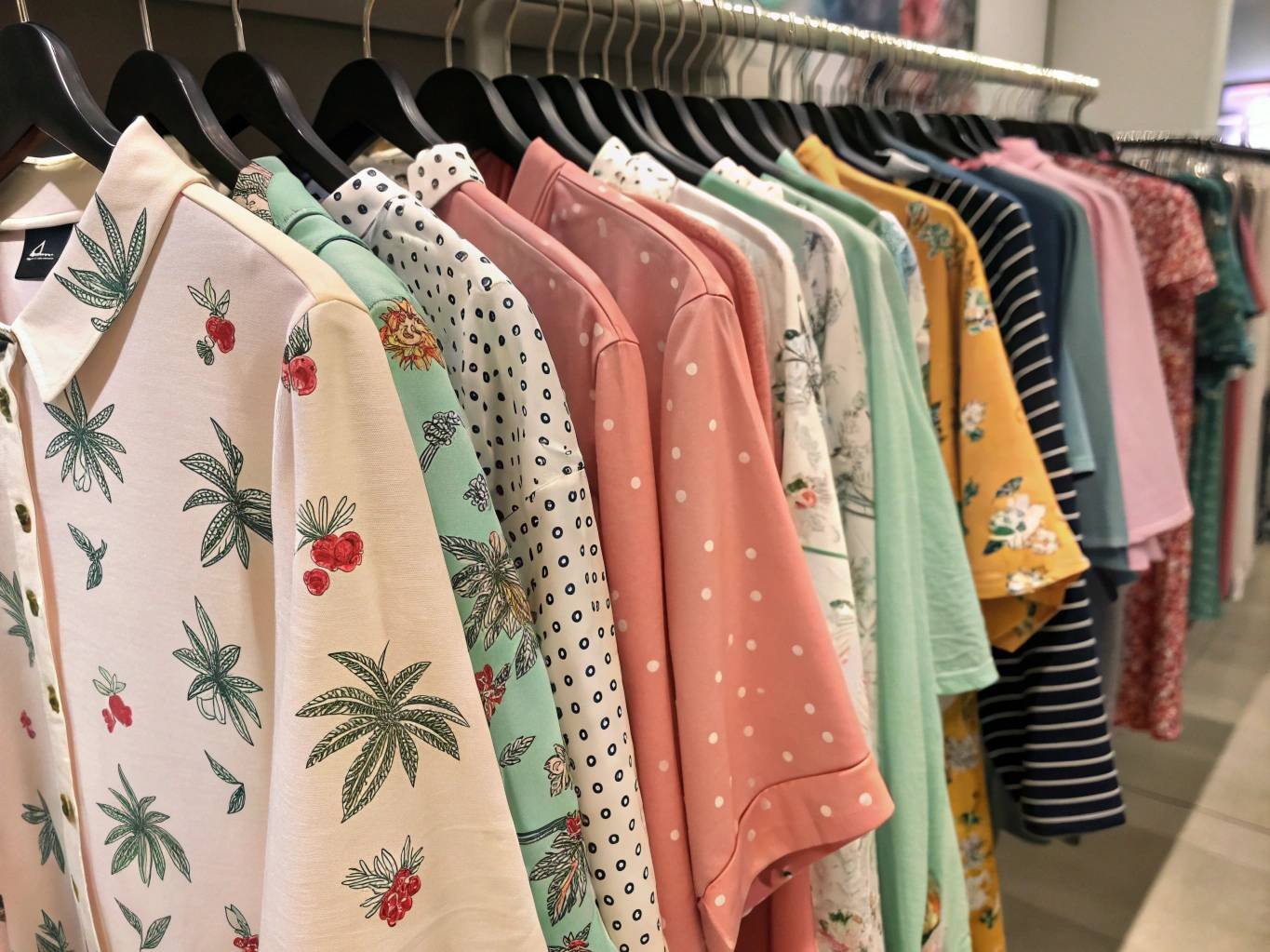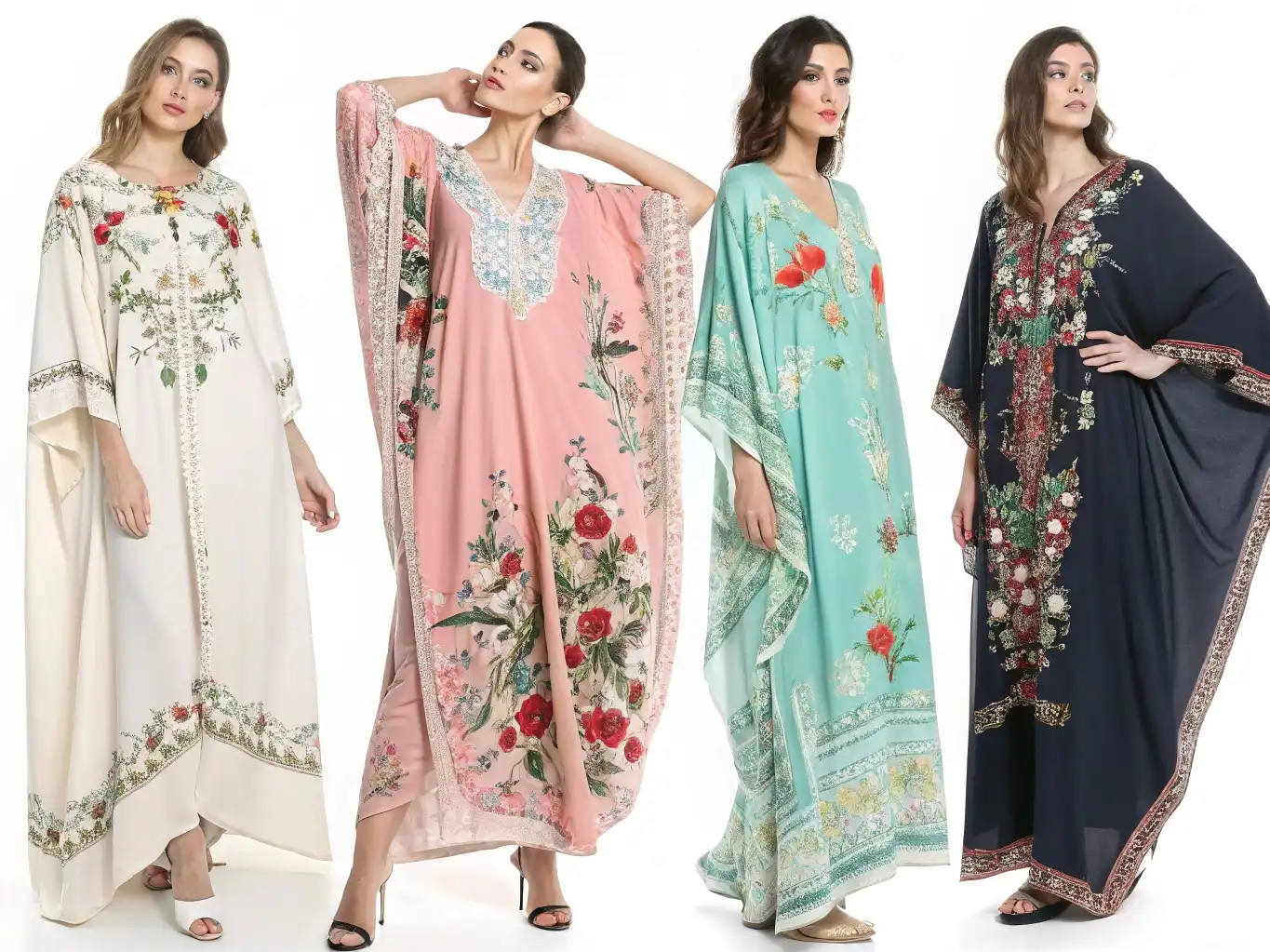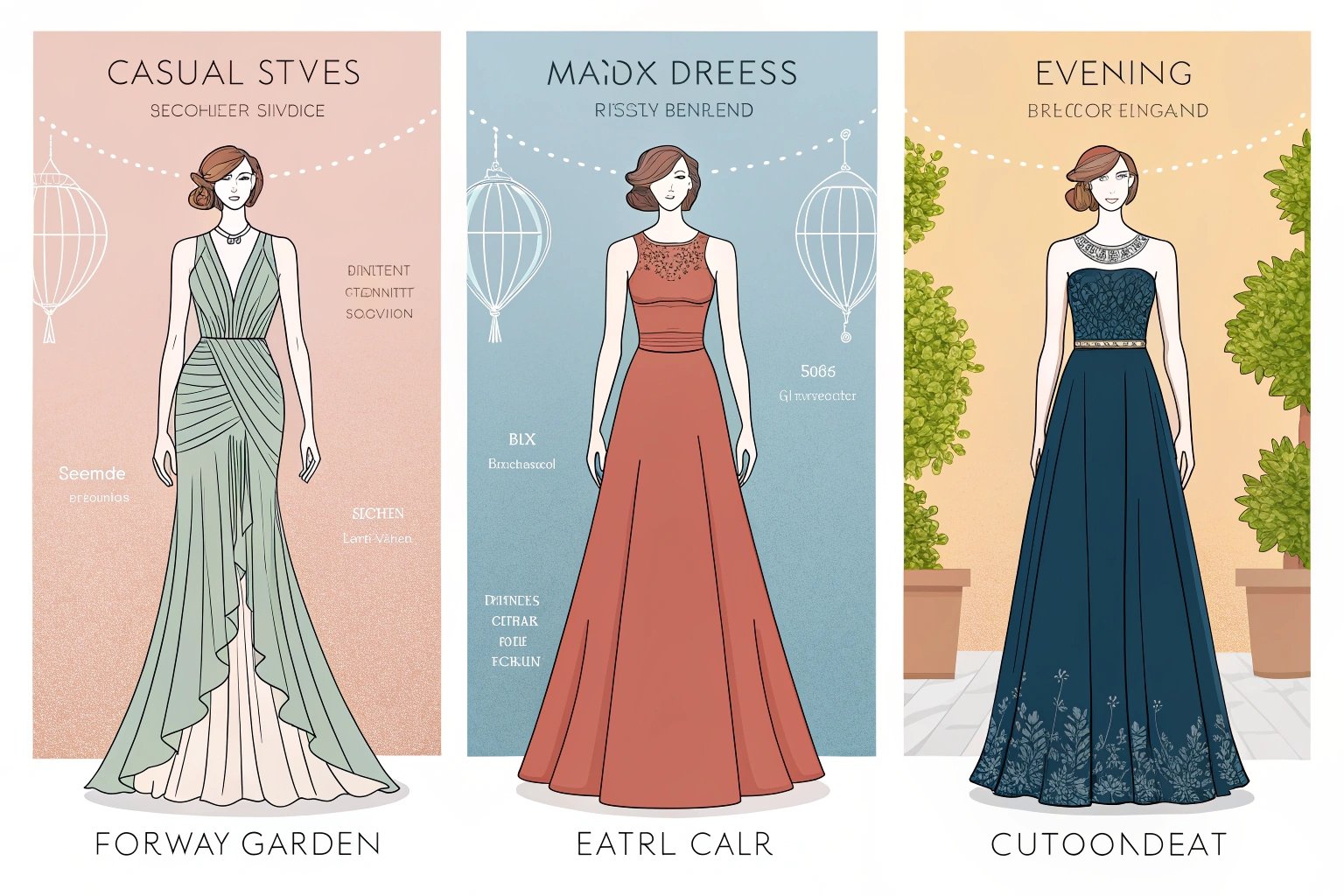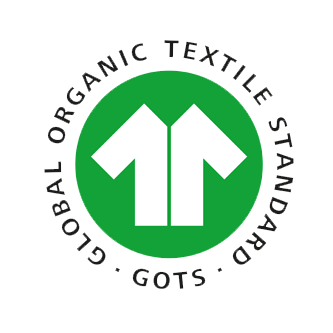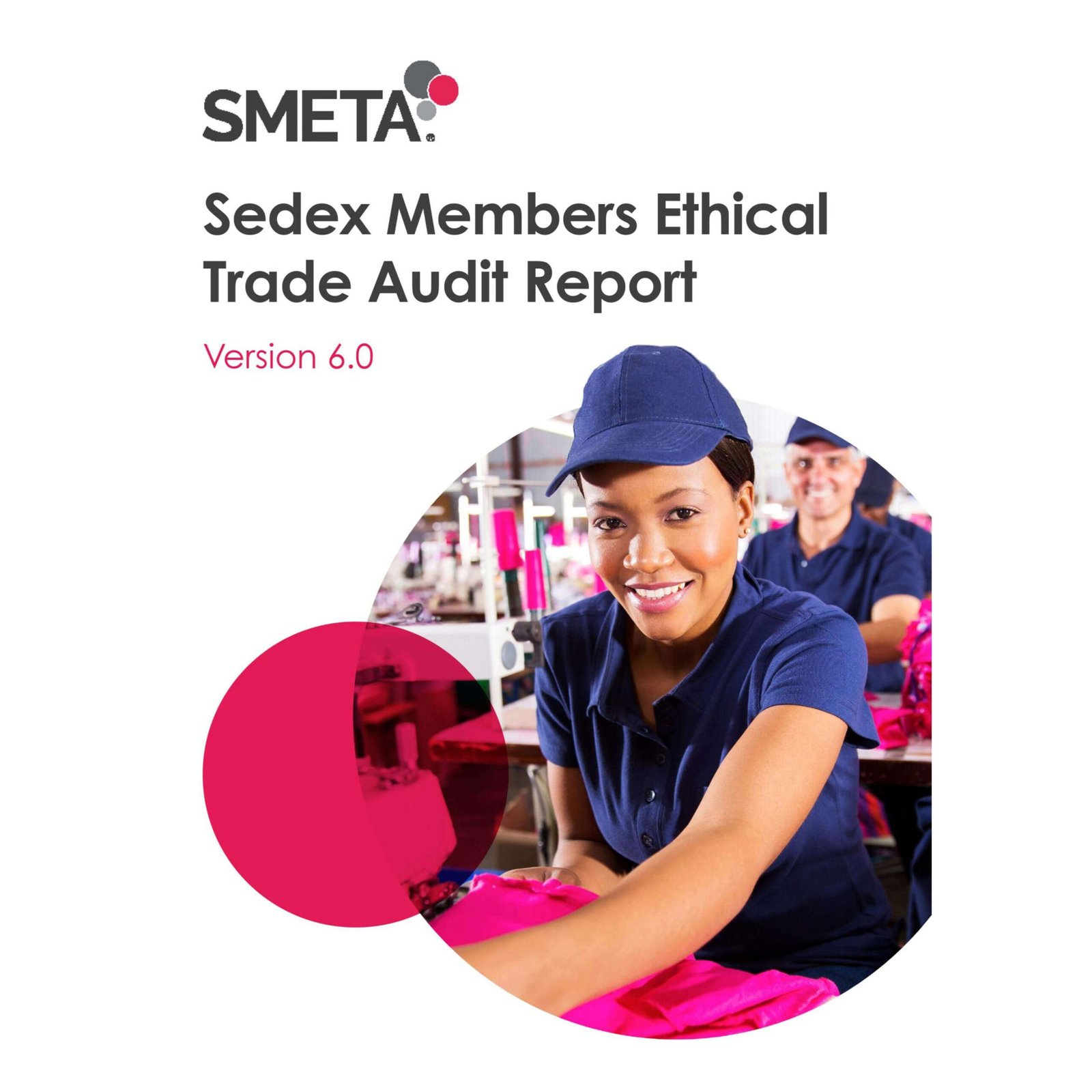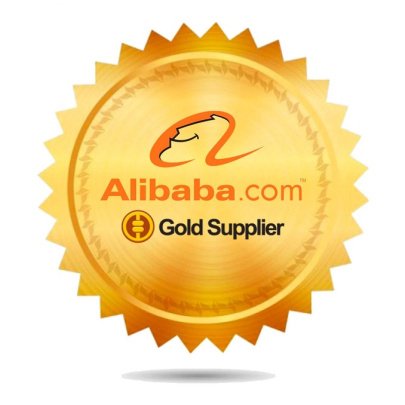Clothing manufacturing in the UK is changing fast. Brands are shifting focus to quality, sustainability, and speed. Many businesses now prefer local suppliers over overseas factories to ensure faster delivery and ethical compliance. But which companies lead the UK market? And why does Scotland stand out in this competitive space?
The UK does not have a single “biggest” manufacturer. Instead, the market is dominated by a group of leading players that combine production capacity1, quality assurance, and innovation. Scotland’s clothing manufacturers are key to this, thanks to their textile heritage and reputation for premium craftsmanship.
Fashion today moves fast, and only those who adapt stay ahead. In this article, I’ll share what makes a UK manufacturer truly competitive, the top players in the industry, and why Scotland remains a powerhouse for textile and apparel production.
What Defines a Leading Clothing Manufacturer in the UK?
Not all manufacturers are equal. To dominate the UK market, factories need more than basic sewing lines. They must provide speed, flexibility, and innovative design solutions.
The best UK manufacturers combine large-scale production with advanced technology, ethical practices2, and trend-driven designs. They often offer both OEM (Original Equipment Manufacturing) and ODM (Original Design Manufacturing) services.
 Made in UK knitwear
Made in UK knitwear
How Do Production Capacity and Quality Standards Influence Market Leadership?
High capacity and consistent quality are the backbone of market leadership. Without them, a brand risks missed deadlines and costly returns.
Factories with robust capacity ensure smooth scaling, while those enforcing strict quality standards build long-term trust with brands. Both factors directly influence profitability and brand reputation.
| Factor | Impact on Brands |
|---|---|
| High Capacity | Handles bulk orders easily |
| Fast Lead Time | Reduces time-to-market |
| Quality Control | Low defect rates, fewer returns |
Consider this: A fast-fashion brand cannot survive delays of 30-40 days in peak season. A UK-based manufacturer offering a 15-day turnaround instantly becomes a strategic partner. Similarly, a luxury brand values precision, so they choose factories with ISO and SEDEX certifications.
Why Is Sustainability a Key Factor for UK Clothing Manufacturers?
Sustainability is no longer a trend; it’s a demand. Brands face pressure from consumers and regulators to adopt eco-friendly practices.
UK clothing manufacturers are ahead because they adopt recycled fabrics, low-impact dyeing, and ethical labor practices. This not only meets compliance but also builds consumer trust.
Global studies show 65% of consumers prefer sustainable clothing. UK factories that use organic cotton3, GOTS-certified fabrics, and water-saving dyeing methods are winning big contracts. Plus, government incentives make it easier for UK businesses to go green.
Who Are the Top Clothing Manufacturers in the UK?
The UK has a unique mix of heritage brands and modern production hubs. Some specialize in luxury garments, others in fast fashion and sportswear.
Notable UK manufacturers include Burberry, Johnstons of Elgin, Mackintosh, and several private-label factories4 across London, Manchester, and Scotland.
Which Companies Dominate the UK Clothing Manufacturing Industry?
A few names stand out for their scale and brand impact:
Burberry – A global luxury leader still producing key items in the UK.
Mackintosh – Known for high-end outerwear since the 1800s.
Johnstons of Elgin – Over 200 years of excellence in cashmere and wool.
Private-label hubs – Found in Leicester and Manchester, serving fast-fashion giants.
| Brand | Specialty | Notable Strength |
|---|---|---|
| Burberry | Luxury Apparel | Global reach + UK heritage |
| Mackintosh | Outerwear | Handcrafted waterproof coats |
| Johnstons | Knitwear | Premium cashmere, tweed |
How Does Scotland Contribute to the UK’s Textile and Apparel Market?
Scotland plays a massive role, especially in luxury fashion.
Scottish mills are world-famous for wool, tweed, and cashmere, attracting global fashion houses that want heritage fabrics.
- Harris Tweed is handwoven and legally protected, making it a mark of authenticity.
- Scotland also exports high-end fabrics to Europe, the U.S., and Japan.
- Sustainability efforts include eco-dyeing technologies5 to reduce water waste.
What Makes Clothing Manufacturers in Scotland Stand Out?
Scotland combines craftsmanship, heritage, and modern sustainability practices. That’s why major fashion brands trust Scottish mills for premium lines.
From artisanal handwoven fabrics to cutting-edge technology, Scotland offers a mix that few countries can match.
How Does Scotland’s Heritage in Textiles Impact Its Clothing Industry?
Tradition gives Scotland an edge.
Historic mills have produced fabrics for centuries, creating a reputation that luxury brands still rely on today.
- Johnstons of Elgin has operated since 1797, producing for brands like Chanel.
- Harris Tweed comes from island weavers, maintaining authenticity and rarity.
- Many mills are now blending heritage with innovation, adding sustainable processes.
What Are the Advantages of Working with Scottish Clothing Manufacturers?
Brands choose Scottish factories for reasons beyond history.
Advantages include premium fabrics, small-batch flexibility, and world-class craftsmanship.
| Advantage | Why It Matters |
|---|---|
| Premium Fabrics | Wool, cashmere, tweed |
| Skilled Workforce | Generations of craftsmanship |
| Ethical Sourcing | Local supply, reduced carbon |
What Are the Benefits of Choosing UK-Based Manufacturers Over Overseas Options?
Why choose the UK over Asia? The answer lies in speed, ethics, and reliability.
UK-based production means faster lead times, better quality control, and lower compliance risks compared to overseas factories.
How Do Local Manufacturers Offer Faster Turnaround Times and Better Quality Control?
UK manufacturers reduce shipping delays, offer quick re-orders, and allow in-person inspections. This gives brands more control and less risk of missed deadlines.
A UK partner can deliver bulk orders in 15–30 days versus 60–90 days from Asia. On-site audits are easier, reducing miscommunication and quality issues.
Why Is Ethical and Sustainable Production Easier with UK Manufacturers?
The UK enforces strict labor laws and eco-regulations, ensuring safe working conditions and reducing brand liability.
- Avoids scandals linked to overseas sweatshops.
- Meets EU and UK compliance standards with zero additional audits.
- Attracts eco-conscious consumers, boosting brand reputation.
How Can You Find Reliable Clothing Manufacturers in Scotland?
The challenge is not availability but finding the right partner. Luckily, there are trusted resources.
Platforms like Make It British, Scottish Textile Association, and trade fairs offer access to verified manufacturers.
What Are the Key Platforms and Directories to Locate Scottish Clothing Manufacturers?
Start with these resources:
- Make It British
- Scottish Textile Association
- Scotland’s Trade Fair and Textile Shows
How Do You Evaluate a Manufacturer’s Capabilities Before Partnering?
Never skip due diligence. Request samples, check certifications, and review factory capacity before signing a contract.
| Checkpoint | Why It’s Important |
|---|---|
| Samples | Verify quality and fit |
| Certifications | Ensure compliance (ISO, GOTS) |
| Lead Times | Avoid delays during peak |
Conclusion
The UK’s clothing manufacturing scene is diverse and resilient. Scotland continues to be a leader in luxury textiles, while other regions serve fast fashion and sportswear brands. Choosing a UK manufacturer means speed, quality, and sustainability—a winning combination for modern fashion brands.
-
Understand the significance of production capacity in maintaining market leadership and brand trust. ↩
-
Learn about the importance of ethical practices in building consumer trust and brand loyalty. ↩
-
Discover why organic cotton is a preferred choice for sustainable clothing manufacturers. ↩
-
Understand the function of private-label factories in meeting the demands of fast fashion brands. ↩
-
Discover how eco-dyeing technologies contribute to sustainability in the textile industry. ↩


